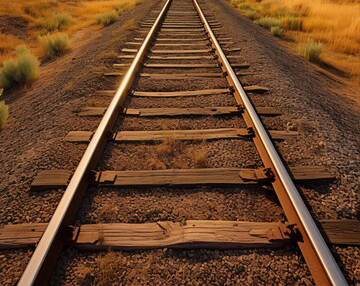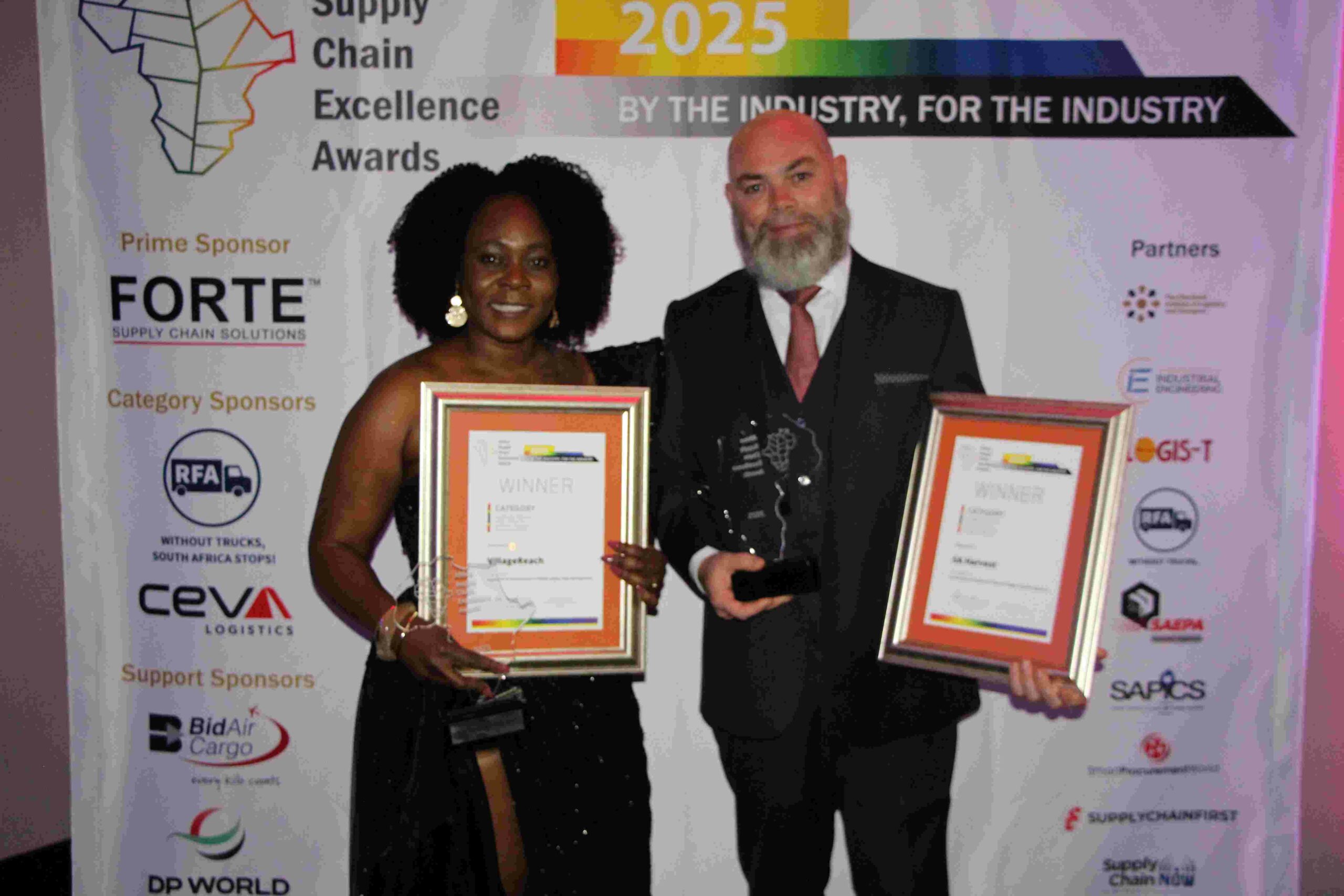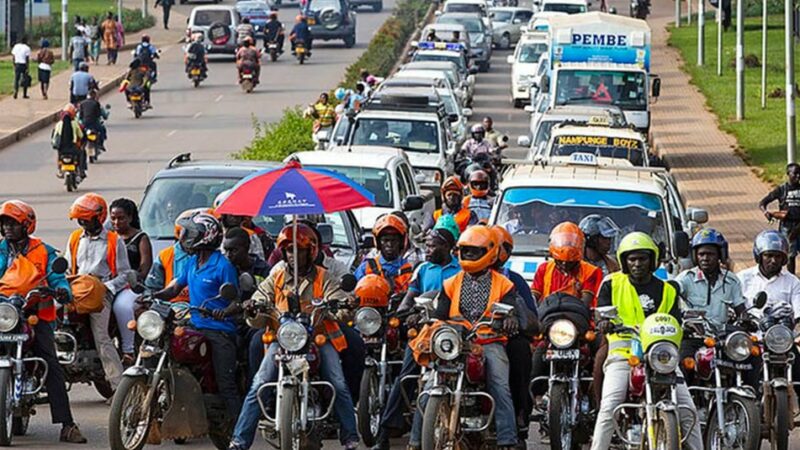Burkina Faso Aims to Modernize its Railway Network

In an announcement that marks a turning point for Burkina Faso’s railway infrastructure, President Ibrahim Traoré unveiled an ambitious project on Saturday aimed at revolutionizing the country’s rail transport. During a radio broadcast from the Koulouba Palace in Ouagadougou, Captain Traoré outlined his vision for a modern railway network, supported by a national rail production industry.
“We want standard-compliant rails to have modern trains,” said the President, highlighting the dilapidated state of the current infrastructure. He pointed out the limitations imposed by existing rails, explaining that no modern locomotive can run on these outdated tracks.
To address this situation, the Burkinabe government is considering a bold solution: the construction of a rail production plant on national soil. “We will set up the factory that produces rails, and it will be Burkinabe who will work there,” affirmed the Head of State, emphasizing the positive impact on employment for the country’s youth.
This initiative is part of a broader strategy for economic development and industrial independence. President Traoré indicated that contracts are being negotiated with partners to bring this large-scale project to fruition.
However, the Burkinabe leader did not hide the challenges to be overcome, particularly the high cost of laying rails. Despite this obstacle, he remains convinced that investing in a national railway industry is crucial for the country’s future.
This announcement comes exactly two years after Captain Traoré came to power on September 30, 2022. It demonstrates the government’s willingness to make concrete progress in the development of national infrastructure.
If this ambitious project materializes, it could not only transform Burkina Faso’s railway landscape but also stimulate the economy by creating jobs and improving the country’s connectivity. It remains to be seen how this plan will materialize in the coming months and years, and what impact it will have on the economic and social development of Burkina Faso.





